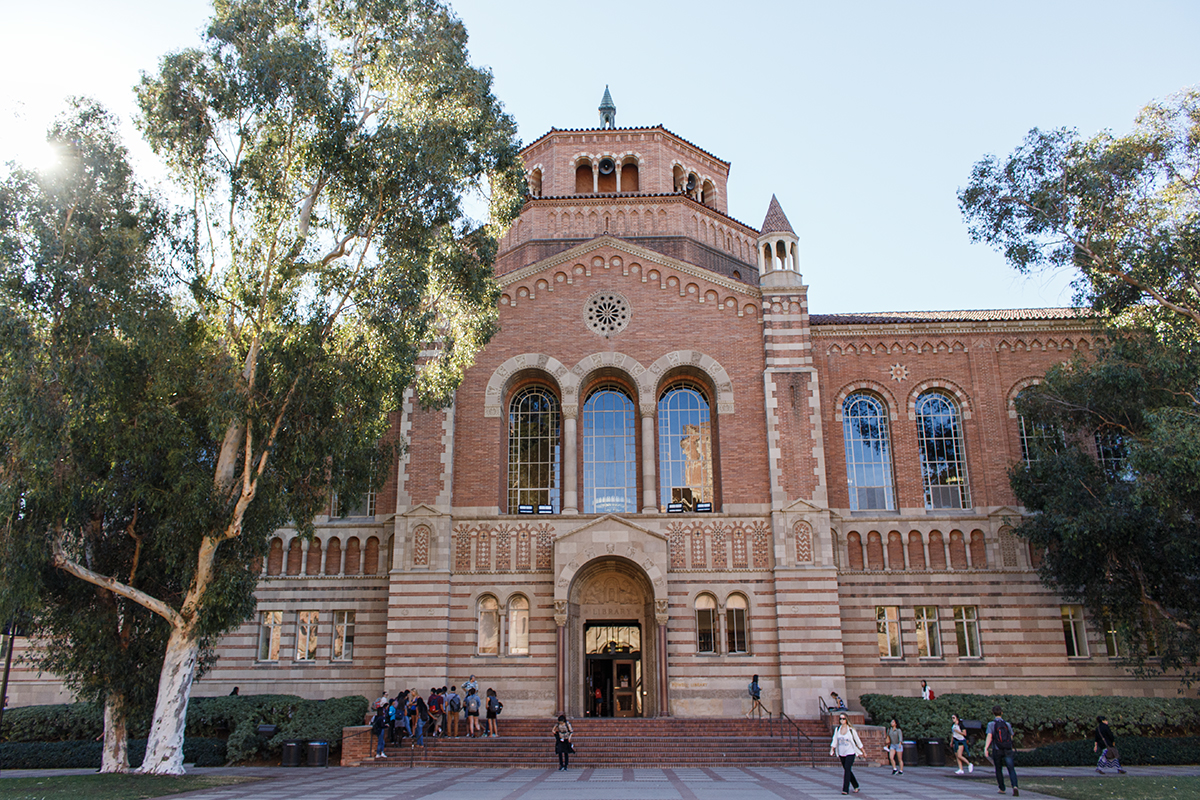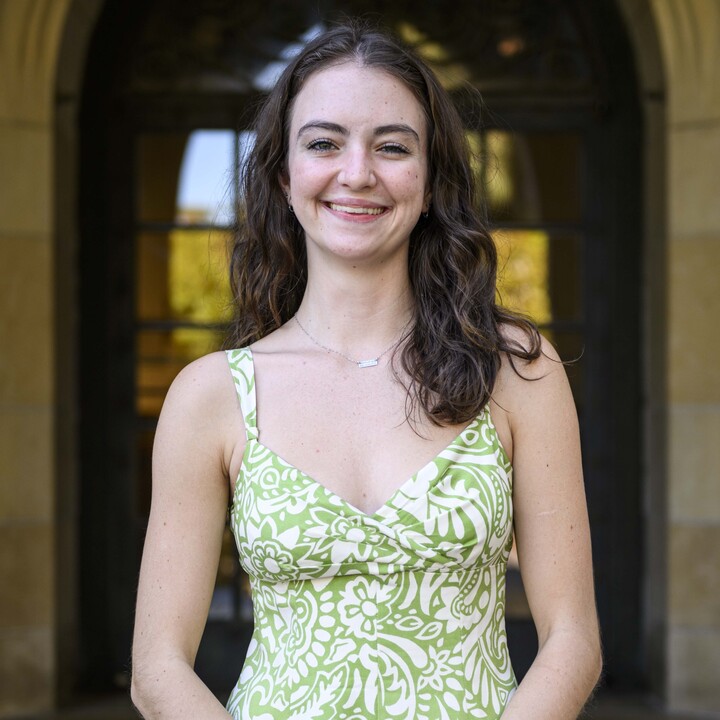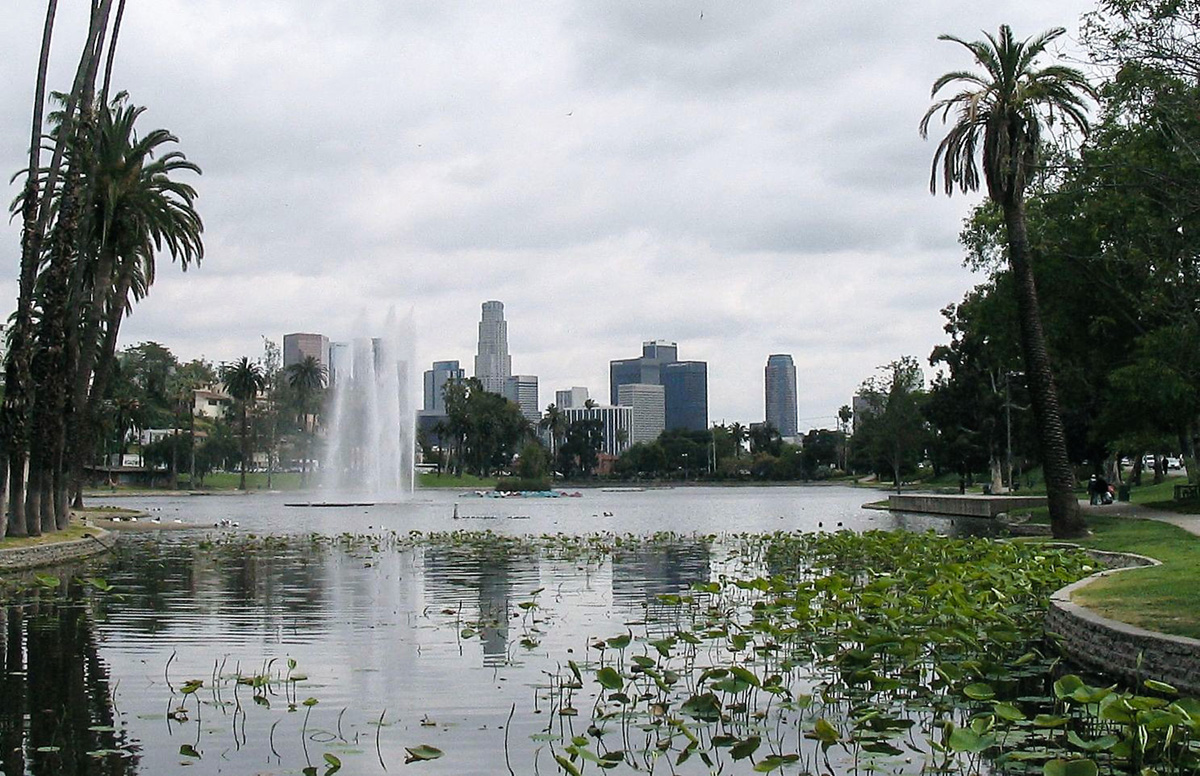UCOP examines new opportunities regarding actionable climate research

Powell Library is pictured. The University of California Research and Innovation division in the Office of the President held a webinar on climate research on Sunday. (Daily Bruin file photo)

By Catherine Hamilton
Oct. 23, 2022 8:04 p.m.
This post was updated Oct. 25 at 10:08 p.m.
The University of California Research and Innovation division in the Office of the President hosted a webinar Oct. 23 to discuss new opportunities for actionable climate research.
In the 2022-2023 state budget, Gov. Gavin Newsom awarded the UC $100 million in funds for actionable climate research within the state, according to the Research and Innovation website. The funds – managed by the Research Grant Programs office – will primarily aid actionable research for the next two years on increasing the resilience and preparedness of California communities for climate change, as well as preventing future climate catastrophes, according to the website.
Actionability defines research that has a demonstrative and positive impact, said Scott Brandt, associate vice president of research and innovation for UCOP, during the webinar. Especially with a shorter grant period, legislators being shown more immediate results from the research will allow for more funding opportunities in the future, he added.
The money will be allocated to three different awards, including the UC Climate Action Innovation & Entrepreneurship Awards, according to the website. These awards – with maximum funding of $1 million each – aim to quicken the development of climate-related innovations.
Another possible funding opportunity for researchers to access this state funding is through the UC Climate Action Seed Awards, which encompass beginning research expected to produce actionable outcomes in the next one to three years, said Tracy Richmond McKnight, interim executive director of the Research Grants Program. Each team or project that wins this award will receive between $500,000 and $2 million, she added.
Another grant opportunity is the California Climate Action Matching Grant with an award between $2 million and $10 million per project, Richmond McKnight said. Adding this funding will go toward larger scale and interdisciplinary climate research projects that also demonstrate short-term actionability, he said.
Each research project is supposed to support at least one of California’s main climate goals, said Theresa Maldonado, vice president of Research and Innovation for UCOP. These goals include incorporating tribal leadership and traditional knowledge into research, conserving 30% of California’s lands and coastal waters by 2030 and reducing greenhouse gas emissions to at least 40% of 1990 levels by 2030.
Research teams must maintain communication and partnerships with groups such as local communities, tribal councils and academics, Richmond McKnight said.
After discussion of awards, the panelists fielded audience questions.
Regarding partnerships with fossil fuel and private utility companies, Maldonado said the research and innovation division is committed to encouraging the UC to divest from fossil fuels, but it will not prohibit project partnerships.
Richmond McKnight said the funds must be used for research within California, since they are allotted from the state. Additionally, considering tribal expertise is an important aspect of their overarching goals, she said.
“We need to take into account the difference between … tribal governance and state governance,” Richmond McKnight said. “We want to make sure there’s no unintended consequences of this work onto tribal lands, so we really encourage partnership with the California tribes.”
When asked about how it can ensure a fair review of applications, Richmond McKnight said the Research Grants Program office aims to use outside reviewers as often as possible to avoid conflicts of interest and encourages multisectoral and large research teams.
Applications for the awards are due in March or April and peer reviews begin in May and June. Decisions will be announced in June and July.
Overall, the panelists said the research opportunity could lead to changes.
“Our goal is to ensure that all communities, especially the most vulnerable, are prepared,” Maldonado said.“We have an opportunity to make short-term, very important impact(s) on our state to produce a resilient California.”



